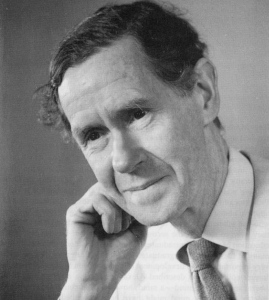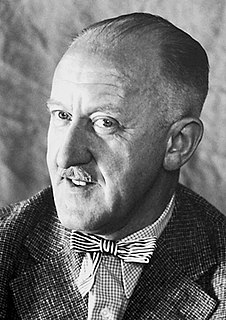A Quote by David Bohm
The question of relevance comes before that of truth, because to ask whether a statement is true or false presupposes that it is relevant (so that to try to assert the truth or falsity of an irrelevant statement is a form of confusion).
Related Quotes
All religions, plainly and simply, cannot be true. Some beliefs are false, and we know them to be false. So it does no good to put a halo on the notion of tolerance as if everything could be equally true. To deem all beliefs equally true is sheer nonsense for the simple reason that to deny that statement would also, then, be true. But if the denial of the statement is also true, then all religions are not true.
NPR fired me for telling the truth. The truth is that I worry when I am getting on an airplane and see people dressed in garb that identifies them first and foremost as Muslims. This is not a bigoted statement. It is a statement of my feelings, my fears after the terrorist attacks of 9/11 by radical Muslims.
Yesterday NPR fired me for telling the truth. The truth is that I worry when I am getting on an airplane and see people dressed in garb that identifies them first and foremost as Muslims. This is not a bigoted statement. It is a statement of my feelings, my fears after the terrorist attacks of 9/11 by radical Muslims.
Don't lies eventually lead to the truth? And don't all my stories, true or false, tend toward the same conclusion? Don't they all have the same meaning? So what does it matter whether they are true or false if, in both cases, they are significant of what I have been and what I am? Sometimes it is easier to see clearly into the liar than into the man who tells the truth. Truth, like light, blinds. Falsehood, on the contrary, is a beautiful twilight that enhances every object.
Fiction can produce truth, and truth can be false. What does it mean to say that it's true that, what, two out of six people in this city are starving? That's true, but that is only true because the conditions we live under are completely wrong - that should not be true, and it is. And in something like Sarah Polley's film, her fictions deliver so much truth. The retellings and the simulations and the theatrical aspects are what deliver all the truth.
Truth is that concordance of an abstract statement with the ideal limit towards which endless investigation would tend to bring scientific belief, which concordance the abstract statement may possess by virtue of the confession of its inaccuracy and one-sidedness, and this confession is an essential ingredient of truth.



































